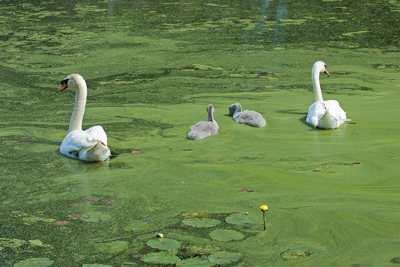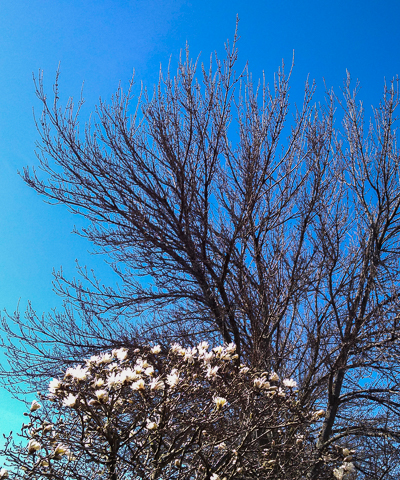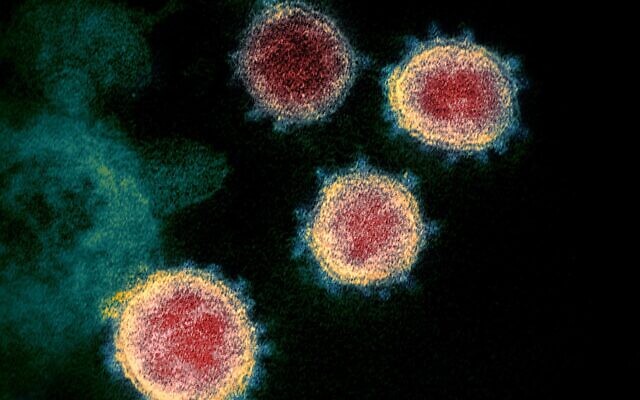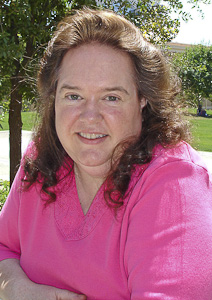We can't relax as everyone reopens
Preventing hospitalization, death from COVID-19
Those of us who are elderly and/or disabled are at increased risk for COVID-19, especially those who live in public and subsidized multifamily housing, do now seek effective public health measures.
We must speak out at this time of the ongoing COVID-19 epidemic out of concern for the well-being of tenants of public and subsidized housing for elderly and disabled residents.
- Read more about We can't relax as everyone reopens
- Log in to post comments
An Open Letter: Public Health Information to Protect Tenants
June 15, 2020
To the Honorable Chairs and Members of the Joint Committee on Public Health
S2753 An Act to Ensure the Collection of COVID-19 Data
Greetings,
Vulnerable But Vigilant

- Read more about Vulnerable But Vigilant
- Log in to post comments
Do Commonwealth Triage Protocols Apply Fair and Just Social Values to Elderly & Disabled?
Essential services for elderly & disabled

We seek your advice and your assistance for our people, the 92,000 residents of the Commonwealth who live in public and subsidized housing for elderly and disabled persons.
We are looking for people with experience who can share their ideas and skills in order to develop solutions to the problems arising from social distancing, specially for elderly and disabled in public or subsidized housing communities.
- Read more about Essential services for elderly & disabled
- Log in to post comments
How We, Elderly & Disabled, Will Survive & Thrive Despite COVID-19

Commission on Bullying Invites Testimony

The Commission on Bullying of elderly and disabled persons in multifamily public and subsidized housing will hold "listening sessions" in the framework of hearings for the Olmstead plan in Boston on Monday, June 26 and in Springfield on Wednesday, June 28.
- Testimony and comments wanted on Olmstead plan, bullying
- Advise study of bullying
- New elder abuse phone reporting system
- Read more about Commission on Bullying Invites Testimony
- Log in to post comments
Confronting Bullying with Caring and Empathy

I strongly recommend Bullying Among Older Adults: How to Recognize and Address an Unseen Epidemic, a timely and important resource. There is much of value which could be adapted to settings with diverse clients including independent-living elderly and younger people living with disability, so it could be very helpful for managers, staff, and resident service coordinators working in multifamily subsidized housing. The primary audience consisting of administrators and professional staff in residential environments providing assistive, supportive, or nursing services will find this an essential guide to enhancing the quality of life and work in their residential communities.
Robin P. Bonifas et. al., Bullying Among Older Adults: How to Recognize and Address an Unseen Epidemic, (Baltimore:Health Professions Press, 2016).
- Read more about Confronting Bullying with Caring and Empathy
- Log in to post comments
